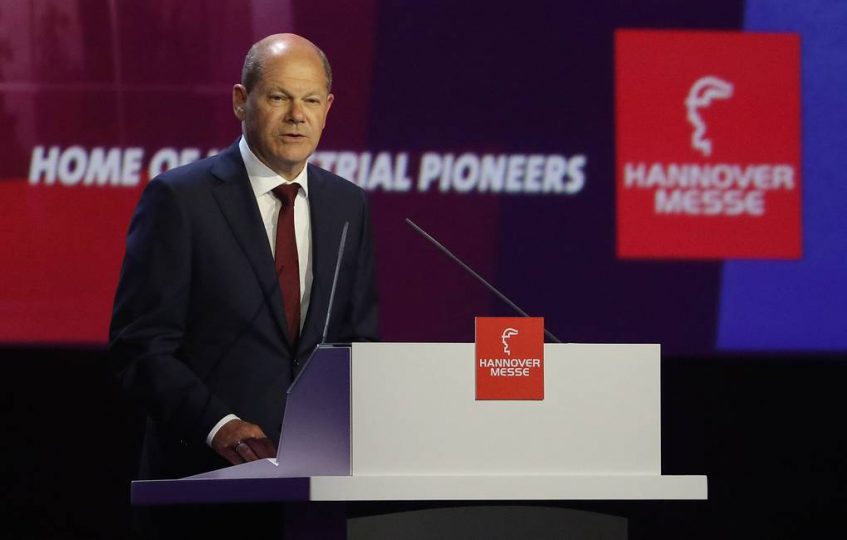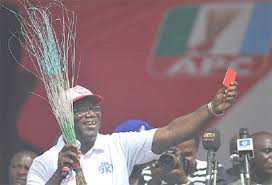In his speech at the opening of the Hannover Messe trade fair on Sunday, German Chancellor Olaf Scholz admitted that anti-Russian sanctions come at a cost for the German economy.
“They [the sanctions] are hitting the Russian leadership and the Russian economy hard, and it gets harder and harder every day,” Scholz said. “Simultaneously, we are making sure that they [sanctions] don’t hit us and our partners in Europe harder than Russia.”
“It’s a good thing that businesses support this policy. I know that it entails economic losses for many companies. We are trying to prevent a more serious damage with the help of loans, premiums and targeted aid packages,” he continued. “Despite this, losses are still a reality. But I will say that those losses are way smaller than the price that we will have to pay if [Russian President Vladimir] Putin succeeds.”
In his words, Germany’s goal was to have the conflict in Ukraine ended as soon as possible.
On February 24, Russian President Vladimir Putin launched a special military operation in response to a request for help from the heads of the Donbass republics. He stressed that Moscow had no plans of occupying Ukrainian territories, but aimed to demilitarize and denazify the country. The US and its allies responded with severe sanctions and ramped up weapons supplies to Kiev.




